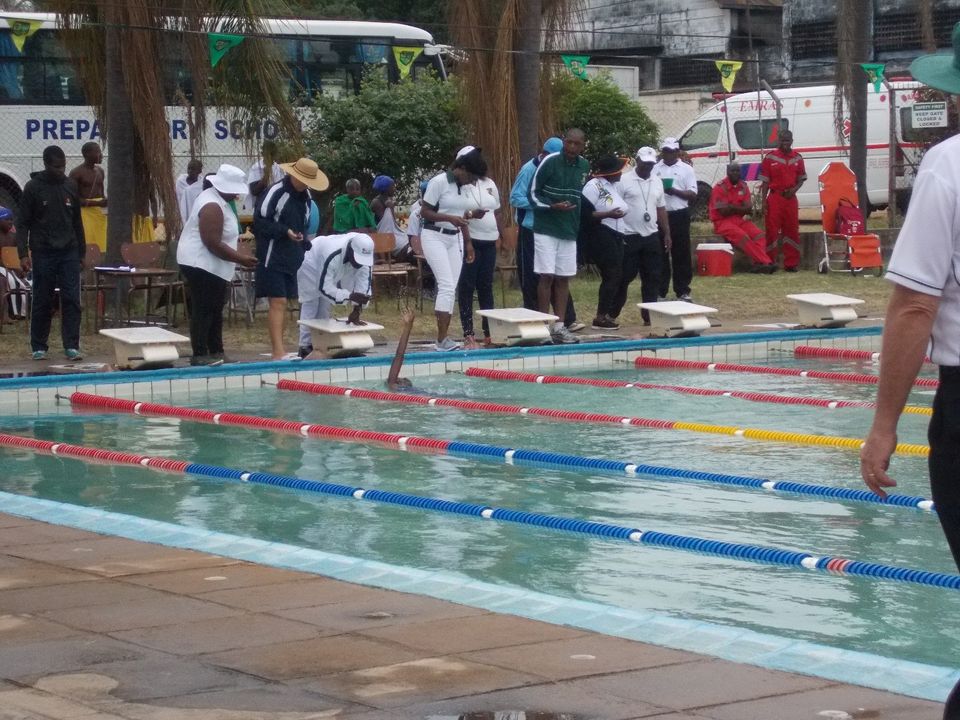Many years ago we were taught a subject called Mechanical Drawing. It later became Technical
Drawing, then Technical Graphics and latterly Design and Technology, and with each name change
the emphasis of the subject no doubt changed a little. The same was perhaps true of the traditional
PT (Physical Training) which later assumed the title of PE (Physical Education) and latterly Sports
Science. Again, the emphasis was different. Within that context, perhaps, there lies another
educational vagary: why do we say that people ‘coach’ sport but others ‘teach’ subjects? That in turn
also begs the question: why do we have ‘coaches’ and ‘teachers’ and not ‘coachers’ or ‘teaches’?
In schools, those who take sport in the afternoons wish to be referred to as ‘Coach’ while those in
the classrooms in the mornings prefer to be addressed as ‘Teacher’. When it comes to the school’s
Annual Prize Giving and Speech Day, it is teachers who take to the stage and not so much the
coaches, yet both the academics and the sport are considered equally important components of the
curriculum being offered (is it because coaches do not have suits or gowns?) Teachers are also called
upon to coach sports or cultural activities but many coaches are not so often called upon to teach.
So the question is this: are coaches and teachers just the same or are they different? Are teachers
and coaches too different to exist alongside or understand each other, along the lines found in
Rudyard Kipling’s poem ‘The Ballad of East and West’ (1892): “Oh, East is East and West is West,
and never the twain shall meet”. If we are talking of the twain, Mark Twain, the author, once said
that, “If you pick up a starving dog and make him prosperous he will not bite you. This is the principal
difference between a dog and man.” We are quick to point out that that is not the difference
between a teacher and a coach but what is the difference, if any?
Is it simply a matter that teaching is putting in while coaching is pulling out? If that is the case, then
who is putting in the sporting knowledge for the coaches to pull it out and who is pulling out the
academic knowledge when the teachers are putting it in? Teachers though will no doubt argue their
task is also to bring out the best in their pupils’ ability while coaches will assuredly believe they are
imparting great knowledge to their players. So is there a time when teachers coach and a time when
coaches teach? For those who do both, who take an academic class in the morning and a sports
team in the afternoon, could they be a terrible teacher but a brilliant coach? Is it a matter that sport
is caught while academics is taught? Nowadays the world is full not only of sports coaches but also
life coaches, career coaches, success coaches, but are such people not actually teachers? Does
‘coach’ sound better, cooler or less threatening than ‘teacher’? Have teachers in fact gradually
become more like coaches and coaches become more like teachers?
Some have argued that a teacher’s role is to guide the pupil while the coach’s task is to grow the
pupil. The teacher helps the pupil to acquire new knowledge while, perhaps in simplistic terms, a
coach is simply meant to coax. There is not a lot of difference between teaching and coaching (just
two letters), just as there is not a lot of difference between push and pull.
The bottom line is this: the twain (teachers and coaches) must meet if we are to ensure a consistent
quality education is being provided for our children. Perhaps teachers can learn from the approach
of coaches and the coaches also learn from the expertise of teachers. To be effective there needs to
both. It is well respected that the five Cs of twenty-first learning (not teaching) are Critical Thinking,
Creativity, Communication, Collaboration and Character; interestingly, some have put forward that a
coach is responsible for developing another five Cs of their players, these being Confidence,
Competence, Connection, Character and Creativity. There is some overlap there but is there overlap
in our schools between what happens in the mornings and what happens in the afternoons?
Mark Twain also once said, “There are basically two types of people. People who accomplish things,
and people who claim to have accomplished things. The first group is less crowded.” To a degree, it
does not matter whether we are a teacher or a coach (it is perhaps semantics) but what does matter
is that we are all found in the first group – people who accomplish things. That has not changed!




